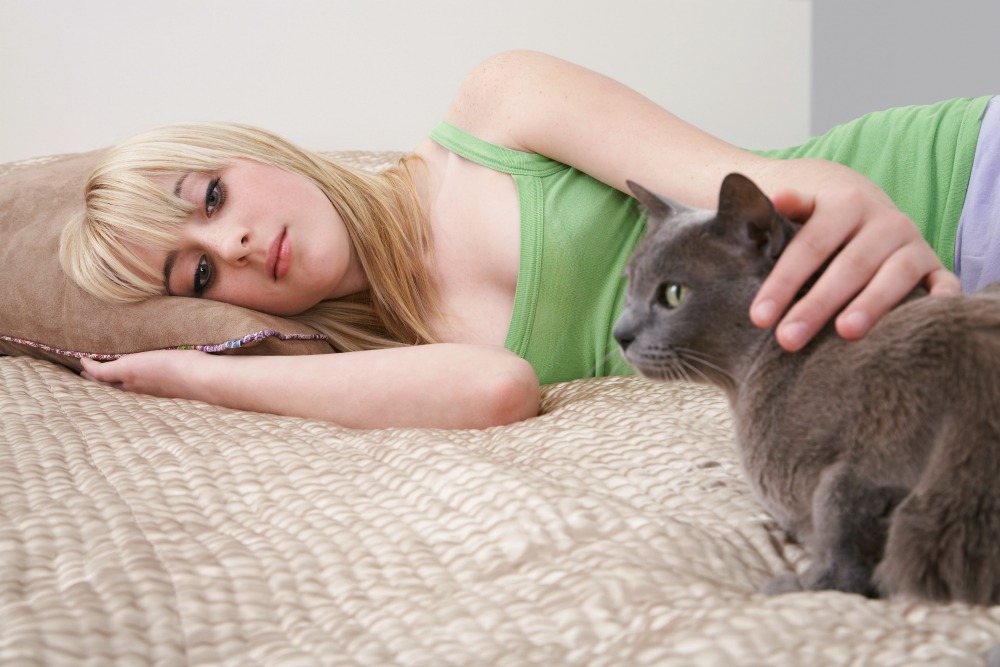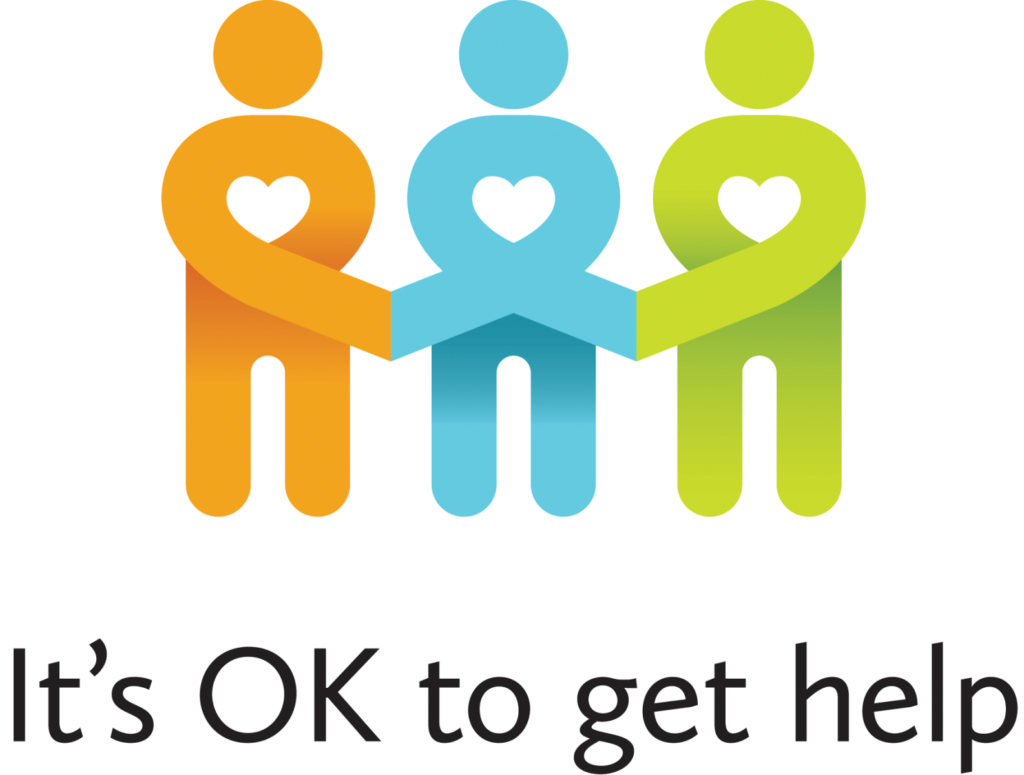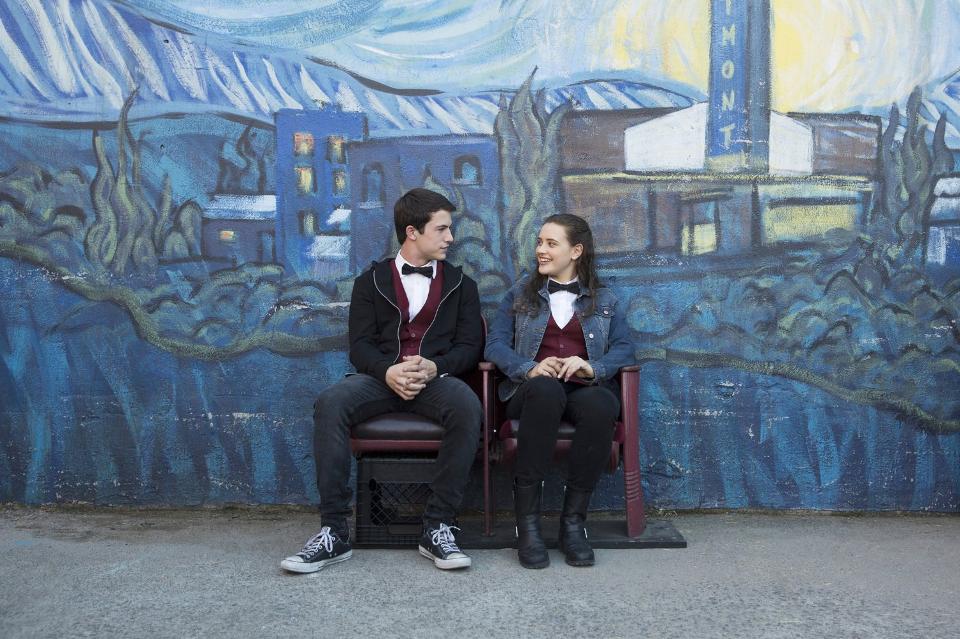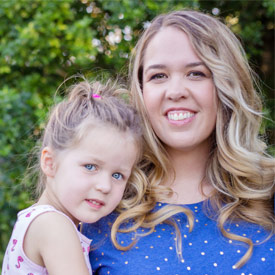Don’t freak out or anything, but I watched Netflix for the first time last week! And in just three days I watched more TV then I had in literally the last 5 years; it was amazing.
It’s really no surprise for those that have followed my blog Finlee and Me for the last 7 years, to guess that the series I started with was 13 Reasons Why. You see, as a mental health clinician of 15 years, going through my son’s mental health journey over the last 8 months and also mine, you could say that mental illness holds a special place in my heart.
After the series was completed (I’ll talk more about it later in the blog), I reflected on the stigma around mental illness and how many parents would struggle recognising signs of mental illness in your child and this could only mean one thing, writing a blog post to help parents in the event their child is struggling with their mental health; because education is knowledge.
Defining Child Mental Health
It’s super important to understand that when defining children’s mental health that it’s different from adult mental health due to the unique developmental milestones that children experience.
Britannica encyclopedia defines child mental health as:
“the complete well-being and optimal development of a child in the emotional, behaviorial, social and cognitive domains. Characteristics of the child (e.g., gender, genetics) are important determinants of that child’s well-being. However, child mental health also includes those conditions that directly affect or modify mental health, including aspects of a child’s family, community, and broader society.”
So if any of these domains or a combination of these domains start to change then it may be time to speak with your GP.
Prevalence of Mental Illness in Children
I always like to put things into perspective with statistics because it’s often that people can relate with numbers vs just reading words on a piece of paper. I’ve done some research online and found the following information from The Sydney Morning Herald:
-
- Hundreds of thousands of Australian children and teenagers are experiencing serious mental health issues, but many parents have no idea what is going on.
- As many as one in 10 children, some as young as four, have mental health disorders according to the survey.
Recognising Signs of Mental Illness in Your Child
There are tons of symptoms for each mental health diagnosis and so my goal is not to list every single mental illness and their symptoms, but rather give you the top symptoms to recognising signs of mental illness in your child and then if you have concerns you can speak with your doctor about the specifics.
The top 11 symptoms for recognising signs of mental illness in your child by Live Science are:
- Feeling very sad or withdrawn for two or more weeks
- Seriously trying to harm or kill yourself, or making plans to do so
- Sudden overwhelming fear for no reason, sometimes with a racing heart or fast breathing
- Involved in multiple fights, using a weapon, or wanting badly to hurt others
- Severe, out- of-control behavior that can hurt yourself or others
- Not eating, throwing up or using laxatives to make yourself lose weight
- Intensive worries or fears that get in the way of daily activities
- Extreme difficulty in concentrating or staying still that puts you in physical danger or causes school failure
- Repeated use of drugs or alcohol
- Severe mood swings that cause problems in relationships
- Drastic changes in your behavior or personality
When to Seek Help
As a parent you aren’t trained in mental health, so knowing exactly when to seek help for your child maybe hard to navigate as this is new to you. However, there are few things to consider when you start to consider seeking support or advice.
- Trust your gut. A mothers gut is hardly ever wrong. I know this is scientific, but I can’t emphasis enough that you need to follow your gut. This is what I had to do with my son Finlee and you can learn exactly how I followed my gut in my blog article When you know something isn’t quite right with your child.
- 3 other important factors that are summed up beautifully from Kids Matter include:
- Frequency – How often does the behaviour happen?
- Severity – How does the child’s behaviour compare to other children’s behaviours within the same age group? Does it interfere with everyday functioning?
- Persistence – When did the behaviour start and how long has it been going on? Does the behaviour only occur in certain situations, or across multiple situations?
When behaviours happen on a regular basis, are distressing to the child and those around him or her, persist over a period of time (e.g. a month or longer) or across situations (e.g. at home and at child care) then it is time to get support or advice.
Where to Get Help
Trying to get your child help for a mental illness can be scary while at the same time overwhelming because it’s a new process you need to go through.
I want to keep this step super simple and therefore you really only need to think of two things:
- Call ambulance or take directly to emergency department – if your child is a threat to self or others call 000 for an ambulance.
- Book an appointment with your GP – your GP is the first point of contact and they will help you to navigate where to from here. From your appointment with your GP they may decide to refer you to see a pediatrician, a psychiatrist or psychologist depending on the needs of your child.
Additional Resource – 13 Reasons Why
As parents, it’s hard for us to relate to our adolescents kids. We get frustrated with them, mad at them and at times are connection with our children is fractured due to the fact us grown-ups don’t get their world.
This is where I strongly encourage you and your partner to watch the Netflix series 13 Reasons Why. Why you might ask? Let me explain.
13 Reasons Why is about a story of girl named Hannah Baker who decided to committee suicide for 13 different reasons.
One day after returning home from school, Clay Jensen finds a plain covered package on his bed. When he opens the package, he finds seven cassette tapes and quickly realises when he plays the first one they are from Hannah Baker.
Hannah has left instructions and makes it very clear that that for every person who receives these tapes is because they are one reason why she killed herself. They are to listen to each tape and when completed pass the package of tapes on to the next person.
This series took me back to my adolescent years where I could almost feel the craziness and drama that we all went through during the years. It took me back to how we would strive to be perfect from our hair, weight and even to what we said. And though we may have left the craziness and drama behind, watching 13 Reasons Why, reminded me of how hard my adolescent years were and made gain perspective of how kids these day might just feel.
Netflix Australia researched Australian parents and found that: “Aussie parents admit (74%) they are already watching shows like Arrow, Pretty Little Liars and Stranger Things to feel closer to their teenager. 63% of teens are on board, saying they’d be interested in talking to parents about the shows they watch, with both sides (90% of parents; 68% of teens) seeing it as a strong way to bond.”
Therefore, if you’re wanting to connect with your child, understand what they might be going through, know how to pick up on warning signs of deterioration of your child’s mental health please put some time aside and watch 13 Reasons Why; you’ll thank me later.
***Please note that due to the graphic nature of this series, I can do not recommend it for any child and this decision will need to be made by the parents. PLEASE consider if your child is emotionally and cognitively ready to watch a movie like this because each child is different. If you choose to allow your child to watch this show, please speak with your child about their feelings, if they’ve ever gone through anything like that, what they are feeling etc because it may be heavy for your child or could trigger your child.***
Where to From Here
Keep being the great parent that you are. Continue to love your kids even on the hard days. Tell them you love them. Hug them. Have conversations and when they don’t want to, keep pushing. Stay connected. And remember if the time comes you need to seek don’t wait, book an appointment with your GP and get the support needed.
From one parent to the next, you’ve got this.
Love,
Angela xx
This was a collaboration between Finlee and Me and Netflix Australia.
Angela is an author, entrepreneur, business consultant, blogger, mental health clinician and most importantly a mother. She explores various topics related to parenting/children on her blog and also in her three books: 30 Days, 30 Ways for Mothers to Take Care of Themselves, 30 Days, 30 Ways for Connecting with Your Child and Healthy Snack Ideas for Kids.
Connect with her on Facebook, Instagram and her website Finlee and Me.







